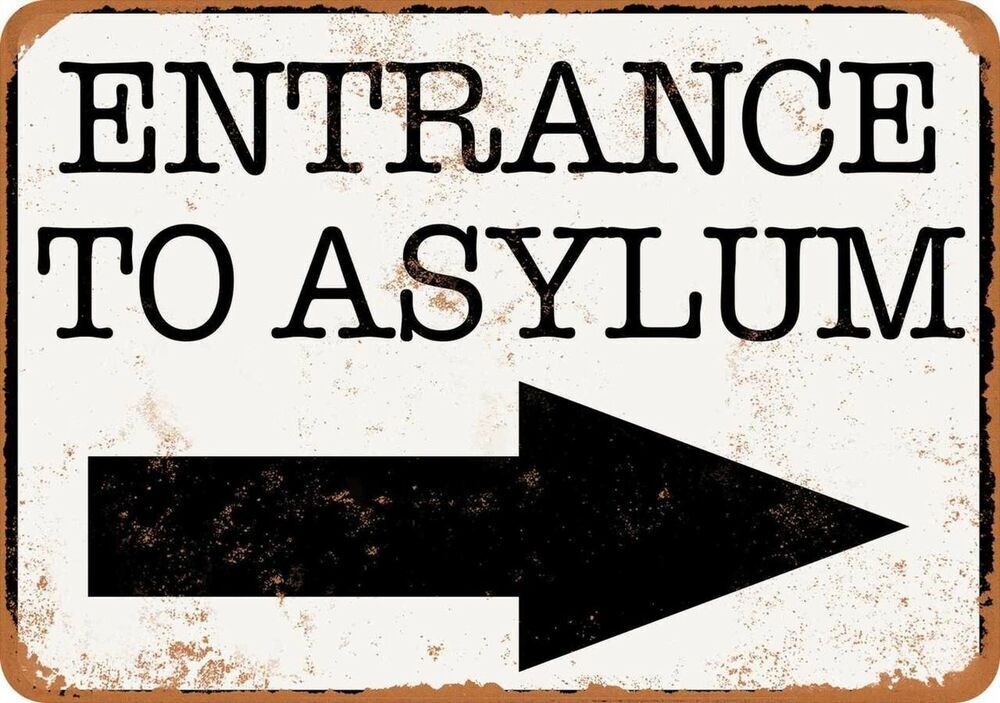All the information you need to know about asylum seekers in Israel

Asylum seekers in Israel often seek the expertise of our law office to navigate the complex process of obtaining legal status. We provide comprehensive services, guiding them through the intricacies of submitting required documents, preparing for interviews with the Refugee Status Determination (RSD) unit, and challenging decisions in relevant courts. In this article, Advocate Yael summarizes the essential aspects that every asylum seeker in Israel should be aware of.

- Asylum Seekers in Israel: Understanding the Refugee Definition 🕊️
According to the Refugee Convention, a refugee in Israel is someone who has left their country due to a "well-founded fear of being persecuted for reasons of race, religion, nationality, membership of a particular social group, or political opinion." Asylum seekers fleeing civil war, economic hardships, or seeking a better life are not eligible for refugee status under international conventions and Israeli laws. - The Journey to Legal Status: The "Blue" and "White" Papers 📝
Asylum seekers in Israel receive either a "white paper" or a "blue paper" based on their interview with the RSD unit. The "white paper" indicates the intention to seek asylum, while the "blue paper" is a temporary permit awaiting the comprehensive interview's outcome. It is important to note that there is no "refugee visa" available before entering Israel. - Restrictions and Challenges for Asylum Seekers in Israel 🛑
Holders of the "blue paper" are restricted from re-entering Israel once they leave, and their families are unable to visit them during their asylum application process. This status can complicate future legal status applications in Israel, making processes like Aliyah or obtaining legal status based on marriage more challenging. - The Right to Work for Asylum Seekers 🏢
Asylum seekers with the "does not constitute a work permit" remark on their permit can legally seek employment, while those with a "not allowed to work" remark are prohibited from working in Israel. The complex regulations regarding asylum seekers' employment require careful consideration and guidance. - The Waiting Game: Timelines for Asylum Requests ⏳
With an increase in asylum seekers, the RSD unit strives to process applications as swiftly as possible. Though wait times have reduced in recent years, it can still take several months or weeks for applicants to receive results, depending on the RSD unit's workload. - Appeal Process: Seeking Legal Assistance 📜
When faced with a rejected asylum request, seeking legal assistance is crucial. Our experienced immigration office can challenge the RSD's decision and submit appeals to higher courts. Asylum seekers should note that humanitarian visas and asylum applications are distinct paths for legal status in Israel.
Conclusion: Asylum seekers in Israel deserve professional guidance and support throughout their journey to legal status. Our law firm, specializing in Israeli immigration, is dedicated to helping asylum seekers understand the intricacies of the process and provide the necessary legal information and assistance. If you or someone you know is seeking asylum in Israel, contact our law office. We are here to ensure you receive the guidance and support you need for a successful application.